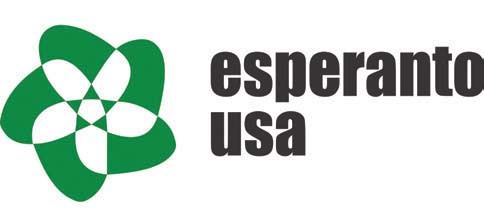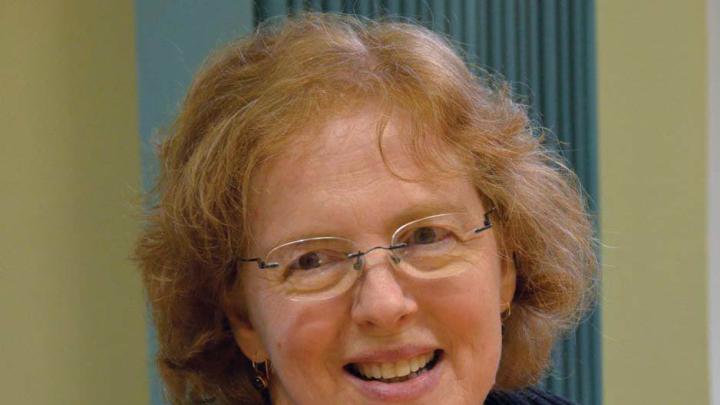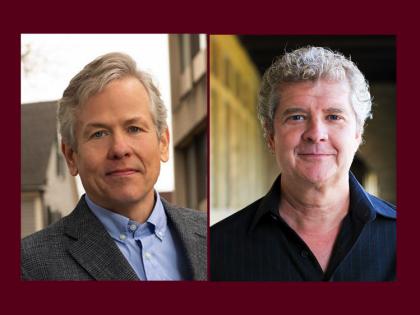Cu vi parolas Esperanton? (Do you speak Esperanto?)
For many, the answer may be surprising: more than two million people worldwide do, including Ruth Kevess-Cohen ’78.
Esperanto, devised by Ludwig Lazarus Zamenhof and introduced in an 1887 booklet, is the most widely spoken “constructed” language in the world today, yet remains relatively unknown. But as Kevess-Cohen, who learned to speak Esperanto on her own, can attest, it is once again gaining popularity. As co-leader for an online Esperanto course on the free language-learning platform Duolingo, she is directly aiding that effort by helping to make the language easily accessible to anyone with an Internet connection.
Her personal journey with Esperanto started about three years ago. “I always got a lot of enjoyment through learning languages, and learning about other cultures through languages,” she explains, so when she heard about Esperanto through another Duolingo course, she decided to study it on her own. Because its vocabulary is based in European languages, and the grammar is designed without irregular conjugations, she was able to pick Esperanto up quickly, and soon fell in love with its sound and cadence.
Her dedication now goes far beyond speaking the language. She’s a physician who’d never been involved with any kind of language teaching, but says she “just dove into it,” helping to lead the team of enthusiasts producing content for the Esperanto course and its app. “When I heard there was going to be a Duolingo course, I saw it as an incredible opportunity,” she recalls. “There would be so much publicity for the language”: Duolingo reaches millions of users worldwide, and people who visit the site are already interested in language study. Since its release last May, the course has attracted more than 205,000 users.
But the results of the course can be seen in more than just online enrollees. Though discussion boards and Facebook groups are popular ways for Esperanto speakers to interact, in-person meet-ups also take place regularly around the world, including one that Kevess-Cohen attends in Washington, D.C. “Every month there are more and more people showing up,” she reports, “and I think it’s because of the course.”
She sees Esperanto as a global community that invites inclusivity. “When you speak with someone in Esperanto, no matter where they are in the world, you’re on an equal footing with that person,” she explains: because almost all Esperanto speakers learn it as a second language, the usual inequalities that exist between native and non-native speakers of other languages don’t exist.

The logo of the nonprofit association of Esperantists in the United States
Kevess-Cohen also believes the rich culture, which includes popular music, rock bands, and original literature, is especially appealing to young people: “It’s fantastic for students, people in their teens and twenties, because then you have the language for life—and it also makes traveling much more interesting and much less expensive.” That reflects a long tradition of homestays, a byproduct of the fellowship Esperanto fosters. “One year we went to Hungary and stayed with a family where the mother was an Esperanto teacher,” she says. “They put us up in their home, gave a window into their lives, and gave us an up-close experience in a foreign country that we would never have had as regular tourists.”
For Kevess-Cohen, Esperanto is both a language and a community. She hopes it continues to grow, because “it’s so much easier to learn than any other language and the payoff is huge.”








